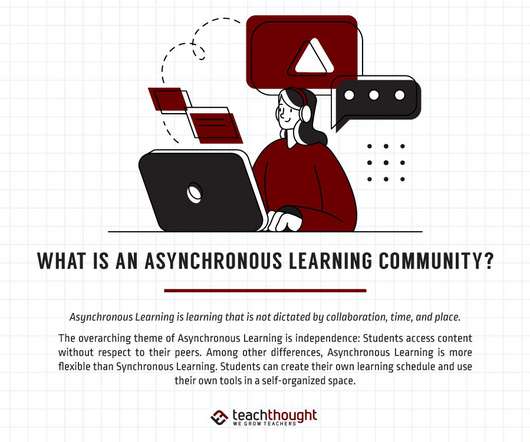MOOCs are No Longer Massive. And They Serve Different Audiences Than First Imagined.
Edsurge
AUGUST 21, 2018
MOOCs have gone from a buzzword to a punchline, especially among professors who were skeptical of these “massive open online courses” in the first place. MOOCs started in around 2011 when a few Stanford professors put their courses online and made them available to anyone who wanted to take them. And that's what MOOCS have.









































Let's personalize your content